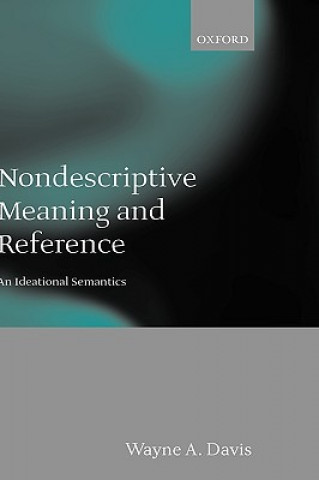
Kód: 04530774
Nondescriptive Meaning and Reference
Autor Wayne Davis
"Nondescriptive Meaning and Reference" extends Wayne Davis's groundbreaking work on the foundations of semantics. Davis revives the classical doctrine that meaning consists in the expression of ideas, and advances the expression t ... celý popis
- Jazyk:
 Angličtina
Angličtina - Väzba: Pevná
- Počet strán: 466
Nakladateľ: Oxford University Press, 2005
- Viac informácií o knihe

Mohlo by sa vám tiež páčiť
-

Divinity and History
239.18 € -

Arabic Club Readers: Yellow Band: Elephants
9.50 € -

Heaven, Texas
13.90 € -12 % -

London Assurance
18.30 € -

Northanger Abbey
16.45 € -15 % -

Europeanization of Citizenship
217.50 € -

Garden of Sand
37.52 €
Darčekový poukaz: Radosť zaručená
- Darujte poukaz v ľubovoľnej hodnote, a my sa postaráme o zvyšok.
- Poukaz sa vzťahuje na všetky produkty v našej ponuke.
- Elektronický poukaz si vytlačíte z e-mailu a môžete ho ihneď darovať.
- Platnosť poukazu je 12 mesiacov od dátumu vystavenia.
Viac informácií o knihe Nondescriptive Meaning and Reference
Nákupom získate 641 bodov
 Anotácia knihy
Anotácia knihy
"Nondescriptive Meaning and Reference" extends Wayne Davis's groundbreaking work on the foundations of semantics. Davis revives the classical doctrine that meaning consists in the expression of ideas, and advances the expression theory by showing how it can account for standard proper names, and the distinctive way their meaning determines their reference. He also shows how the theory can handle interjections, syncategorematic terms, conventional implicatures, and other cases long seen as difficult for both ideational and referential theories. The expression theory is founded on the fact that thoughts are event types with a constituent structure, and that thinking is a fundamental propositional attitude, distinct from belief and desire. Thought parts ('ideas' or 'concepts') are distinguished from both sensory images and conceptions. Word meaning is defined recursively: sentences and other complex expressions mean what they do in virtue of what thought parts their component words express and what thought structure the linguistic structure expresses; and unstructured words mean what they do in living languages in virtue of evolving conventions to use them to express ideas. The difficulties of descriptivism show that the ideas expressed by names are atomic or basic. The reference of a name is the extension of the idea it expresses, which is determined not by causal relations, but by its identity or content together with the nature of objects in the world. Hence a name's reference is dependent on, but not identical to, its meaning. A name is directly and rigidly referential because the extension of the idea it expresses is not determined by the extensions of component ideas. The expression theory thus has the strength of Fregeanism without its descriptivist bias, and of Millianism without its referentialist or causalist shortcomings. The referential properties of ideas can be set out recursively by providing a generative theory of ideas, assigning extensions to atomic ideas, and formulating rules whereby the semantic value of a complex idea is determined by the semantic values of its components. Davis also shows how referential properties can be treated using situation semantics and possible worlds semantics. The key is to drop the assumption that the values of intension functions are the referents of the words whose meaning they represent, and to abandon the necessity of identity for logical modalities. Many other pillars of contemporary philosophical semantics, such as the twin earth arguments, are shown to be unfounded.
 Parametre knihy
Parametre knihy
Zaradenie knihy Knihy po anglicky Language linguistics Philosophy of language
258.92 €
- Celý názov: Nondescriptive Meaning and Reference
- Podnázov: An Ideational Semantics
- Autor: Wayne Davis
- Jazyk:
 Angličtina
Angličtina - Väzba: Pevná
- Počet strán: 466
- EAN: 9780199261659
- ISBN: 0199261652
- ID: 04530774
- Nakladateľ: Oxford University Press
- Hmotnosť: 840 g
- Rozmery: 242 × 165 × 31 mm
- Dátum vydania: 14. July 2005
Obľúbené z iného súdka
-
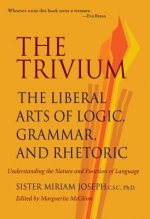
Trivium
21.77 € -

Making the Social World
12.26 € -23 % -
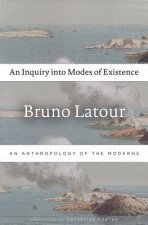
Inquiry into Modes of Existence
36.50 € -4 % -

Language Instinct
14.41 € -23 % -

Essential Chomsky
21.98 € -23 % -

Practice Makes Perfect English Articles and Determiners Up Close
13.80 € -15 % -

Rosicrucian Manual
16.35 € -

Making It Explicit
54.80 € -5 % -

Image Music Text
12.36 € -15 % -

Practice Makes Perfect English Pronouns and Prepositions, Second Edition
15.64 € -14 % -

Constructing the World
82.52 € -5 % -

How Language Works
14.41 € -23 % -

Construction of Social Reality
14.41 € -23 % -

What Kind of Creatures Are We?
14.31 € -11 % -
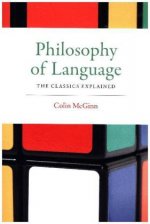
Philosophy of Language
40.08 € -11 % -
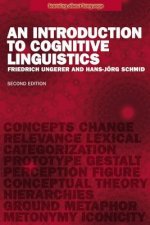
Introduction to Cognitive Linguistics
96.94 € -

Language Hoax
14.41 € -16 % -
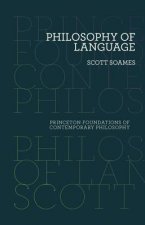
Philosophy of Language
28.01 € -
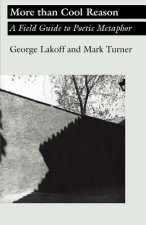
More than Cool Reason
35.88 € -
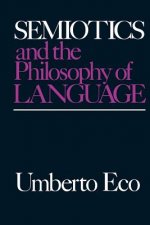
Semiotics and the Philosophy of Language
25.96 € -
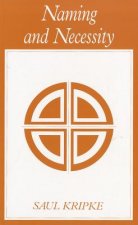
Naming and Necessity
30.05 € -18 % -

Latin
31.59 € -
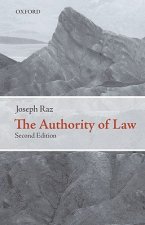
Authority of Law
53.98 € -
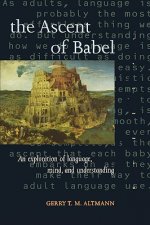
Ascent of Babel
104.71 € -

Inferentialism
176.90 € -

Process Philosophy of Signs
35.99 € -
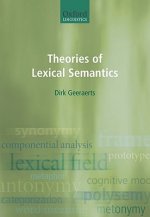
Theories of Lexical Semantics
64.01 € -

Critical Introduction to the Philosophy of Language
67.79 € -
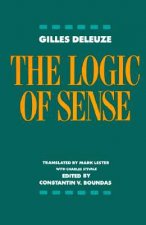
Logic of Sense
26.99 € -4 % -

Philosophy of Language
63.39 € -

From Hand to Mouth
49.79 € -
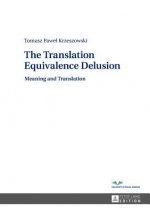
Translation Equivalence Delusion
114.52 € -

Philosophy of Poetry
122.09 € -
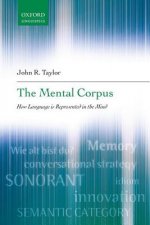
Mental Corpus
61.65 € -

Ontology after Carnap
125.88 € -

How to Do Things with Words
63.50 € -
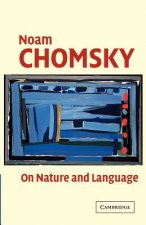
On Nature and Language
62.68 € -
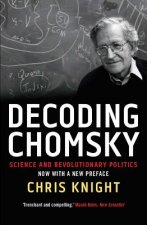
Decoding Chomsky
11.75 € -47 % -
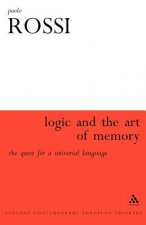
Logic and the Art of Memory
152.46 € -
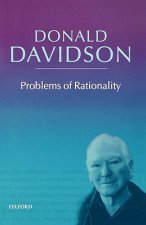
Problems of Rationality
71.78 € -

Practice Makes Perfect English Verb Tenses Up Close
21.26 € -

Language Animal
40.79 € -

Metaphor
55.93 € -
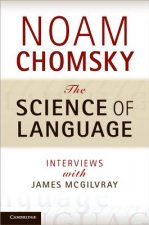
Science of Language
38.34 € -
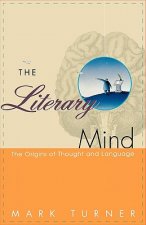
Literary Mind
30.87 € -

What Kind of Creatures Are We?
23.51 € -
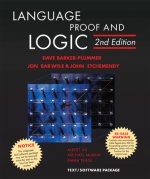
Language, Proof, and Logic
94.69 € -
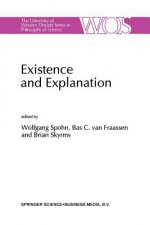
Existence and Explanation
214.33 € -
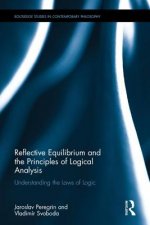
Reflective Equilibrium and the Principles of Logical Analysis
255.55 €
Osobný odber Bratislava a 2642 dalších
Copyright ©2008-24 najlacnejsie-knihy.sk Všetky práva vyhradenéSúkromieCookies



 21 miliónov titulov
21 miliónov titulov Vrátenie do mesiaca
Vrátenie do mesiaca 02/210 210 99 (8-15.30h)
02/210 210 99 (8-15.30h)